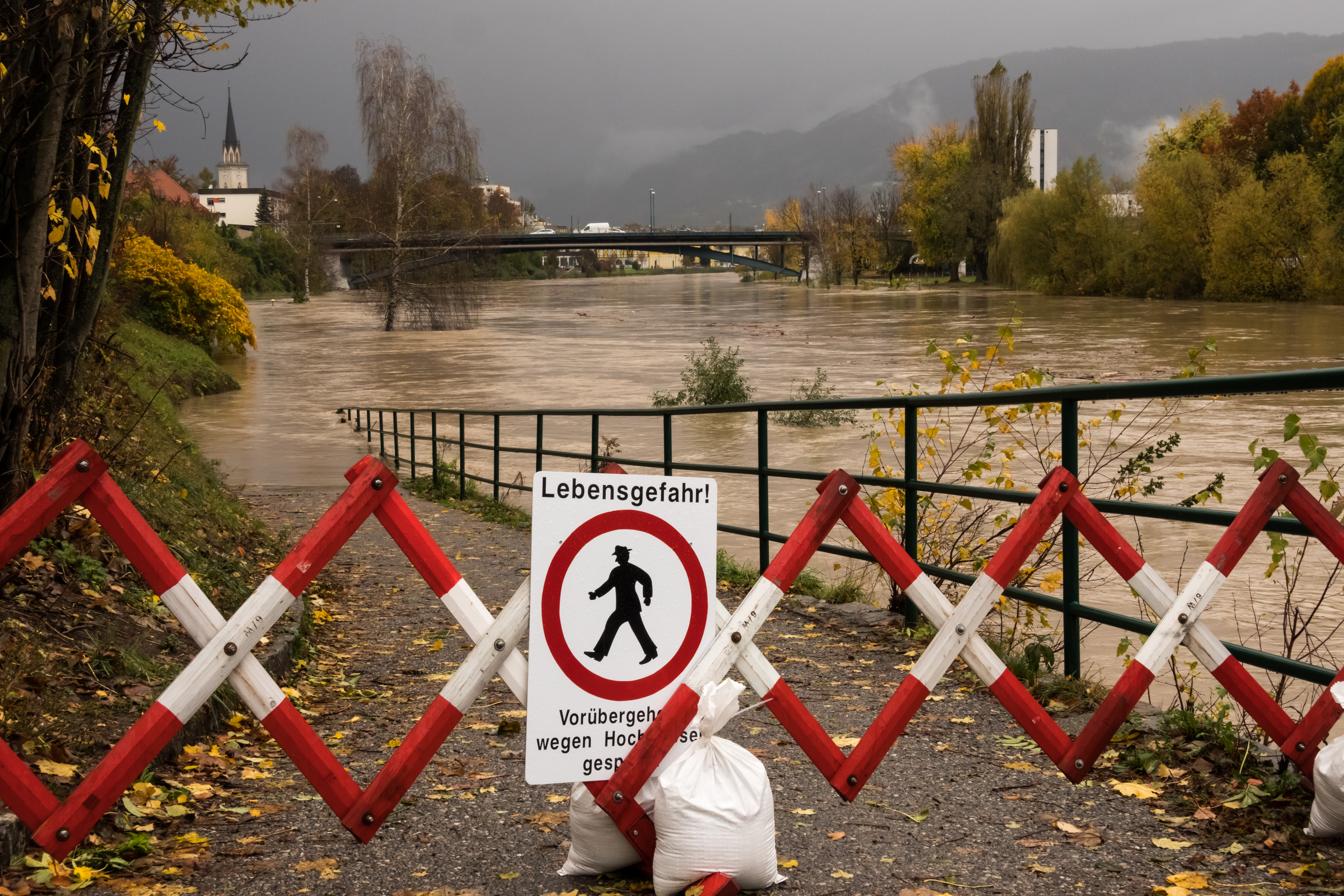Suddenly, temperatures drop by 20 degrees and it rains for days. Meteorologists call such extreme weather conditions, which are currently occurring in mid-September, Vb weather conditions (five-b). They are not uncommon in Austria, Slovenia, Hungary and Slovakia, but they always pose a real challenge for the emergency services. At the University of Graz, scientists from Douglas Maraun's team are investigating how climate change affects these weather conditions and their effects.
“These low-pressure systems develop over the Mediterranean and move anticlockwise south of the Alps towards Austria,” explains the climate researcher. ‘The air is blocked by the mountains of the eastern Alps and it starts to rain.’ In August, the temperature of the Mediterranean reached 27 degrees, which has a major influence on the intensity of the precipitation. ”The air above it warms up and can then absorb a lot of moisture. This results in very heavy rain.”
More evaporation
As early as 2016, Maraun's research group at the Wegener Center for Climate and Global Change was already investigating how high temperatures in the Mediterranean influence precipitation levels in Austria. Using elaborate computer simulations, the researchers compared how warming of the Mediterranean Sea since the 1980s has changed precipitation along the path of Vb cyclones. “The number of Vb cyclones remained roughly the same in the simulations, but at higher temperatures, evaporation over the Mediterranean increased sharply,” says the climate expert. ‘This means that more moisture was transported along the storm tracks, which led to more intense extreme precipitation in the simulations.’ This situation is now also emerging in reality.
“The cause of the currently high sea temperatures is not 100 percent clear at present,” says Maraun. ”Although the long-term trend is largely due to climate change, there are other factors involved.” For example, new emissions standards for ships have been issued to protect the environment. “This is actually a paradox: we now have much cleaner air over the Mediterranean Sea. But as a result, less sunlight is reflected, which further intensifies warming.” Due to climate change, an intensification of heavy precipitation must also be expected in the future, the climate researcher concludes.
